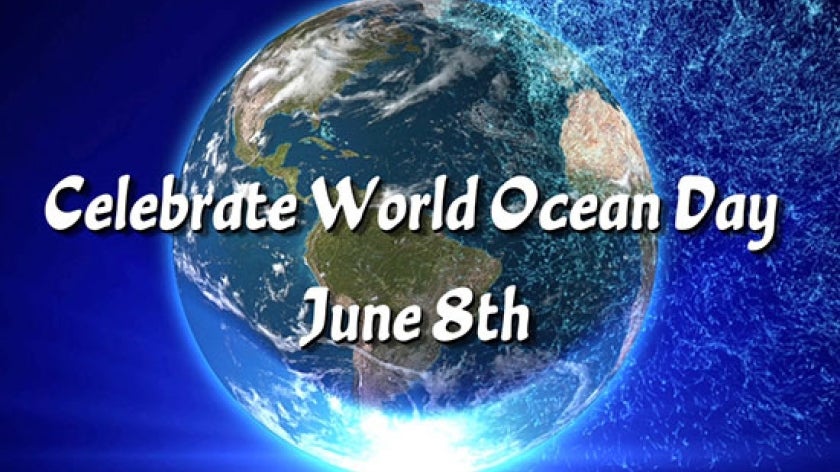
On this World Oceans Day, the GEF is honored to highlight some of our efforts in safeguarding the world's Large Marine Ecosystems, as well as managing sustainable global fisheries, both in the coastal zone as well as those in areas beyond national jurisdiction (ABNJ). Oceans have tremendous economic, social, and ecological value, and their integrity is vital to build blue economies. Oceans provide more than $1 trillion annually to the world economy in market goods and services and many times that in non-market amenities. The vital role of oceans goods and services is illustrated by the fact that over 40% of nations have larger Exclusive Economic Zones than land areas.
The GEF stands at the beginning of GEF-6, with a record-breaking pledge of $4.443 billion replenishment, funds that among others will be will be supporting replication and up-scaling of successful investments, and testing new techniques and approaches towards sustainable management of the world's oceans, the resources within them and the livelihoods they support.

Sustainable fisheries
Overfishing is among the greatest threats to ocean health and associated socioeconomic development. With almost 30% of assessed global fish stocks considered to be collapsed or overexploited and 57% are fully exploited and need to be carefully monitored and managed to prevent overexploitation, there is an urgent need for action. Since its inception, the GEF has acted as a catalyst to demonstrate and scale up effective strategies to address fisheries challenges.
As an example, GEF support to Pacific island state fisheries, which represent 40 percent of global tuna catch, helped those states triple the value of their fish landings and revenue. Overall, GEF initial successes have built a strong platform for future sustainable development, and are the first of several important steps necessary to guarantee the rebuilding of global fisheries.
Oceans and Ocean Governance
Increasingly, our oceans are under threat from unsustainable practices, including over-fishing, land-based pollution, habitat destruction, and climate change. Large Marine Ecosystems support over 85% of the world's fish catch and provide a suite of ecosystem services such as essential spawning habitats, natural coastal protection, and carbon sequestration and storage.
The GEF recognizes the importance of ocean governance and has therefore provided tremendous support to ocean health, among others through supporting investments in 22 Large Marine Ecosystems promoting ecosystem-based approaches. For example, GEF support helped to establish the Benguela Current Commission in Southern Africa, which brought together the nations of Angola, Namibia, and South Africa to work toward sustainable ocean governance. GEF marine investments engage with the full spectrum of stakeholders from village chiefs to business leaders to cabinet ministers. In doing so, GEF projects are incorporating the market value of marine resources into national economies, resulting in economic and social benefits. GEF projects have sparked new global legislation and industries, such as a new ship ballast water treatment and management industry to eliminate invasive species in ballast water.
Ridge to Reef Integrated Approaches
Many Small Island States – increasingly referred to as "Large Ocean States" - share similar sustainable development challenges such as rapidly growing populations, climate change impacts, limited resources, and fragile environments. The GEF is working with island nations in the Pacific, Caribbean and Africa to foster greater community participation in the development of practical and cost-effective solutions to immediate problems. In the Pacific the GEF support government agencies to find cost-effective ways to strengthen the community-based management of waste, freshwater, and near-shore fisheries.